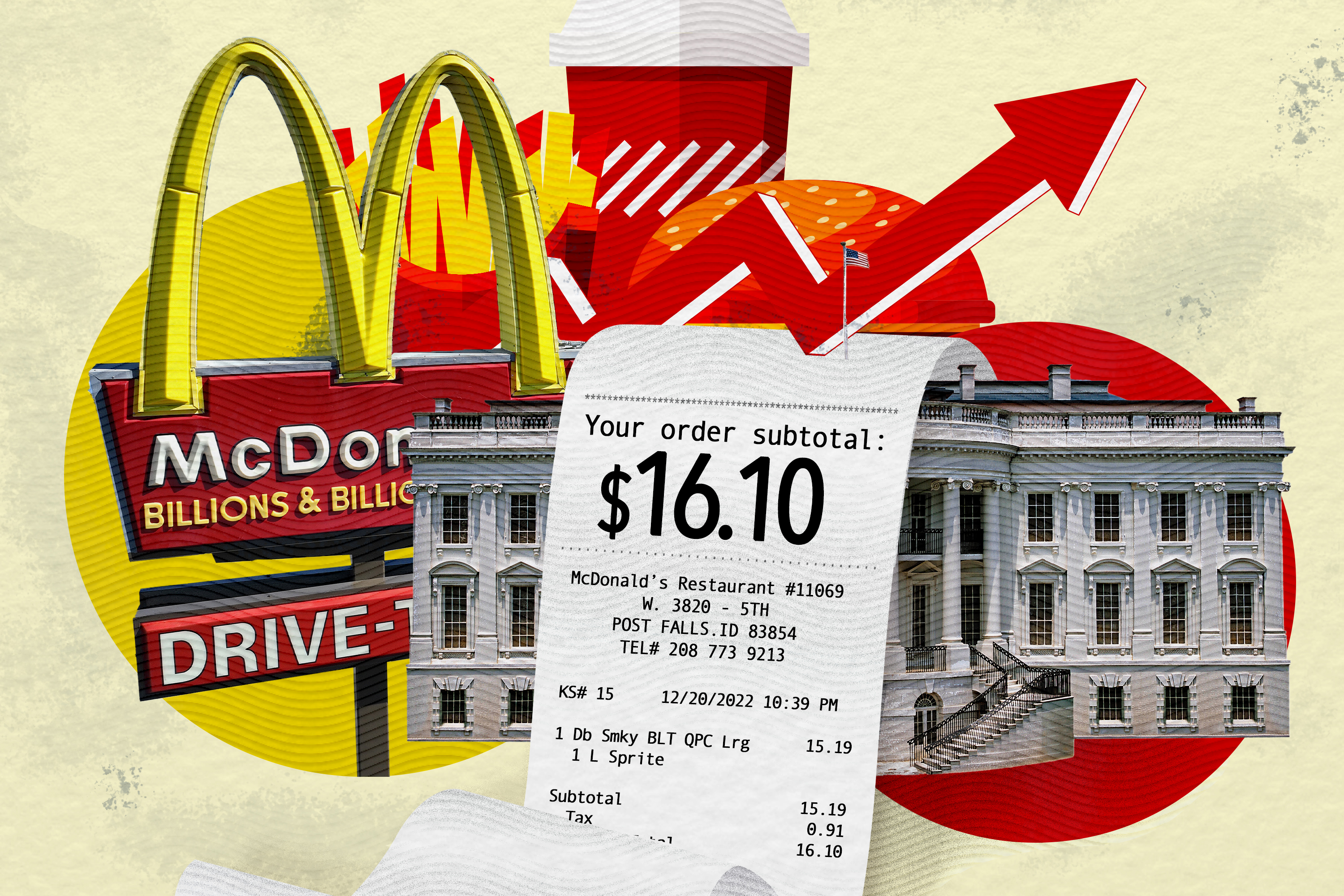News Analysis
An eye-popping receipt for a $16 McDonald’s meal posted on TikTok last year has resurfaced and gone viral, serving a taste of how many Americans are battling with soaring food prices.

An eye-popping receipt for a $16 McDonald’s meal posted on TikTok last year has resurfaced and gone viral, serving a taste of how many Americans are battling with soaring food prices.